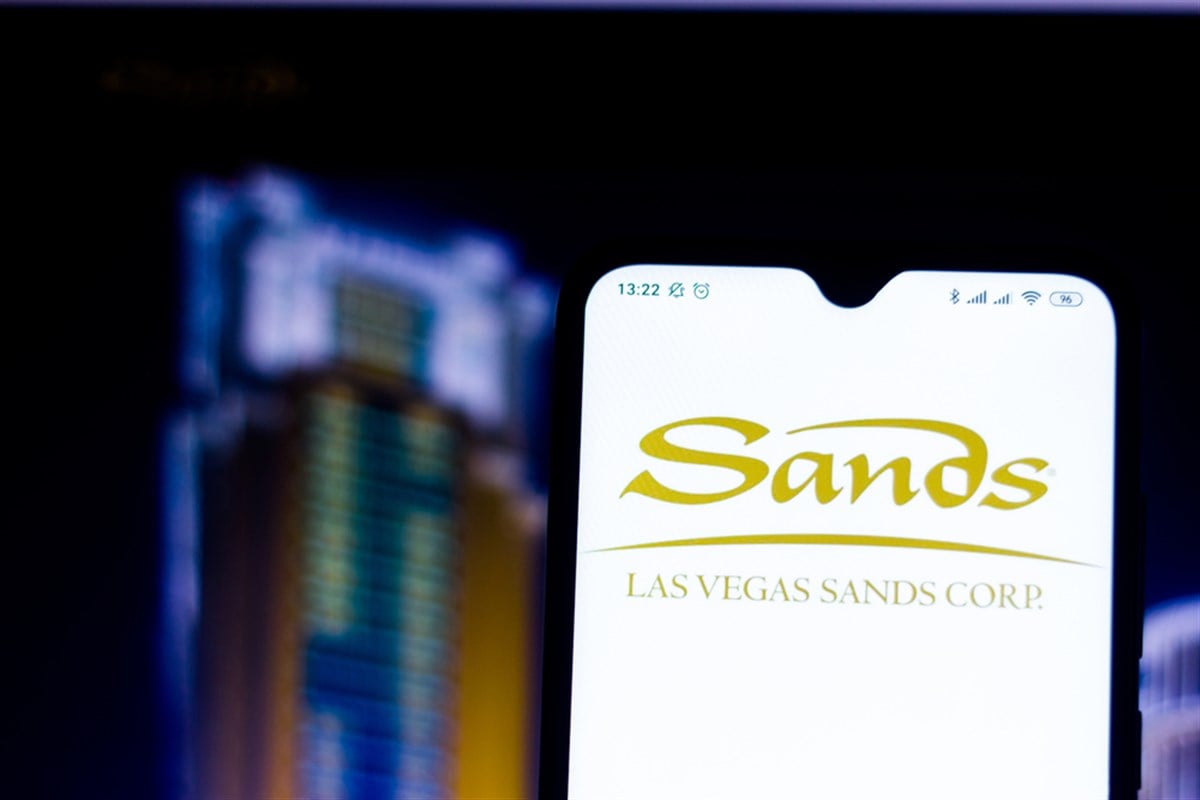
Dallas Mavericks purchase turns LVS stock into a cheaper bet
In gambling terms, the Money Line on Las Vegas Sands Corp. (NYSE:LVS) just got more compelling.
Shares of the casino and hotel operator fell 5% on Wednesday after billionaire Mark Cuban sold his majority stake in the Dallas Mavericks National Basketball Association (NBA) franchise at a $3.5 billion valuation, more than 12-times what he bought the team for in 2000. What does one thing have to do with another?
The Shark Tank regular sold his interest to the Adelson family, a wealthy casino magnate known for its philanthropy and Republican party donations. It is a family that includes Dr. Miriam Adelson, who received the Medal of Freedom from then President Trump in 2018, and is the fifth richest woman in the world according to Forbes.
To help fund the purchase of the Mavs, Ms. Adelson is offering to sell approximately 46.3 million Las Vegas Sands shares from her personal portfolio and a family trust at $44.00 per share. Once completed, the 78-year old will still own roughly 50% of the company.
The eye-popping deal, the second largest in NBA history, has fueled speculation that Mr. Cuban is making a 2024 run for the U.S. Presidency. It also raised eyebrows for being outside the ‘wheelhouse’ of the Adelson family, but perhaps it shouldn’t have. Las Vegas Sands has been pursuing growth investments outside of its home state after dumping $6.25 billion worth of Vegas properties last year.
A year ago, Mr. Cuban dropped a hint at a potential transaction when he expressed interest in teaming up with Las Vegas Sands to build a new arena/casino/resort hybrid. The dream property would face plenty of regulatory scrutiny around Texas gambling laws and other local issues.
What could also face scrutiny in the weeks ahead is the valuation on Las Vegas Sands equity. After climbing above $47 billion in April 2023, the company has seen its value drop to around $35 billion. Since Ms. Adelson’s insider selling was driven by an external investment rather than a commentary on Las Vegas Sands’ growth prospects, the 27% pullback may make shareholders want to ‘double down’.
How are Las Vegas Sands’ fundamentals?
For LVS to have been heading south prior to the insider stock offering is a non-sequitur. In mid-October, the company posted one of its strongest quarters in recent history. The stock gapped up in good volume, ran above $50, and then profit taking set in.
Led by a sixfold increase in Macau revenue, third quarter revenue jumped 180% year-over-year to $2.8 billion. Adjusted earnings per share (EPS) more than doubled to $0.55, a reflection of the ongoing recovery at its properties in Macau and Singapore.
Going forward, LVS should continue to derive growth from the removal of travel restrictions in and around China where its crown jewel Macau casinos are located. With Las Vegas exposure now eliminated, Macau tourism and favorable gaming authority rulings (being granted new casino licenses) will be the company’s most important long-term growth drivers. Over 60% of its profits come from Macau with the rest from Singapore. Don’t be fooled by the name, Las Vegas Sands stock is a bet on the Asian casino industry.
While its income statement is rebounding well, LVS’s balance sheet has room for improvement. At the end of the third quarter, there was $14.2 billion of debt on the books compared to $5.6 billion in unrestricted cash. Taking on more debt in a rising rate environment led to higher interest expenses during the quarter. The bigger concern — management estimates that its current liquidity position will allow it to stay afloat for at least the next 15 months. Given the sharply improved cash flow, LVS’s financial situation should strengthen, but until it does, fundamental purists may stay on the sidelines.
Is LVS stock undervalued?
Based on the consensus estimate for 2024 EPS, LVS is trading around 16x earnings. This is one of the lowest forward P/E ratios in the large-mid casino and gaming space. Penn Entertainment (51x), Caesars Entertainment (30x), Red Rock Resorts (20x), and Wynn Resorts (18x) are more expensive — and don’t have the fast-growing Macau portfolios.
Even though LVS is undervalued, investors may wish to hold off before throwing down their chips. That’s because as of Thursday afternoon, the stock was trading a couple bucks above Ms. Adelson’s $44.00 offer. And with the deal not expected to close until December 1st, LVS could face selling pressure through Friday’s session.
Once next week rolls around, though, all bets are off. If the market kicks off the last month of the year in the holiday spirit, LVS could be among the most popular low-priced gifts.